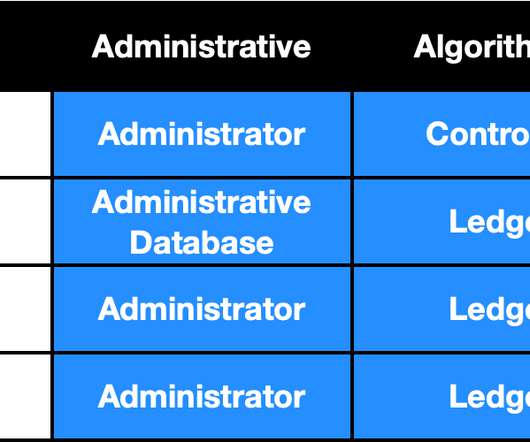53 Questions Developers Should Ask Innovators
TechEmpower - Information Technology
JULY 24, 2023
Are there other founders, business leaders, partners, or administrators? Ads, Viral/Social, SEO)? Registration Do you plan to support Google Sign-In, Facebook Connect, or similar 3rd-party authentication? If so, will you also have your own account system? Social Interaction Do users/members relate to one another?














Let's personalize your content